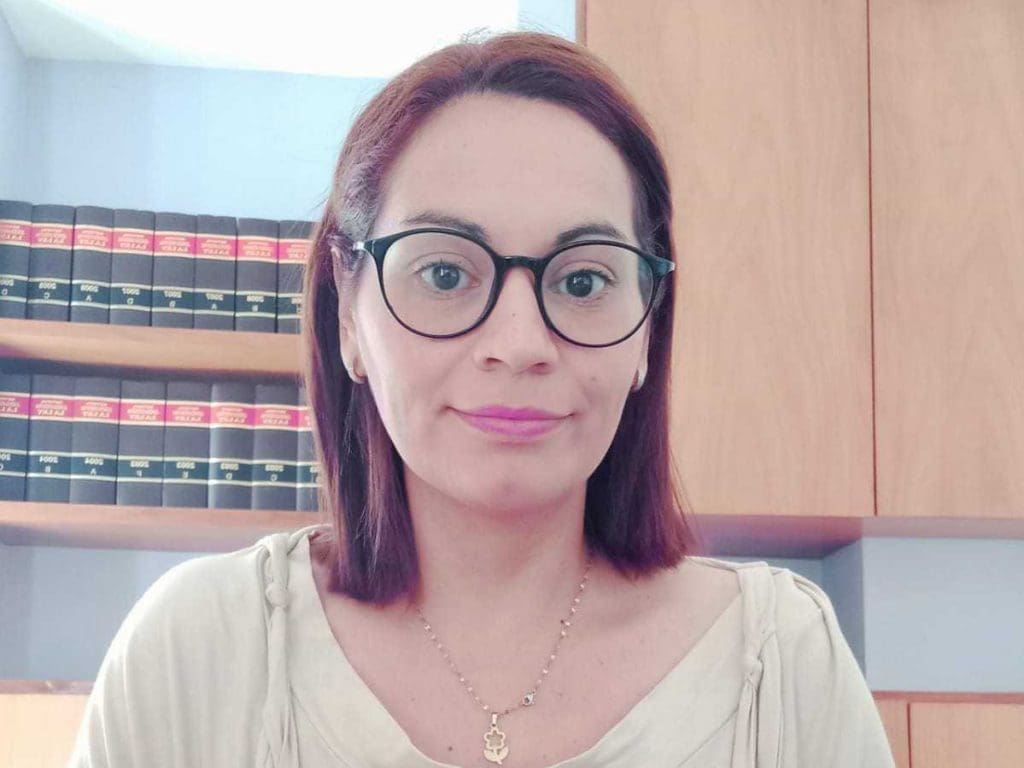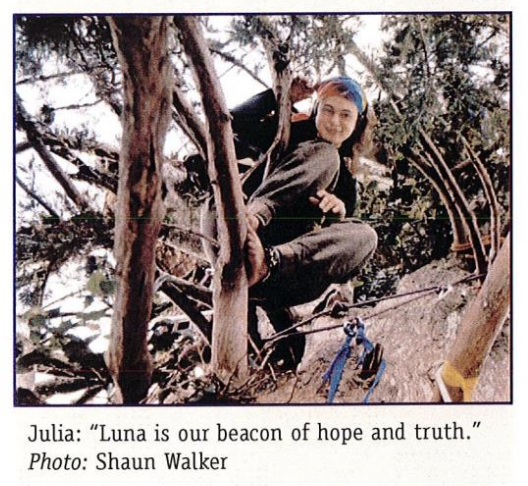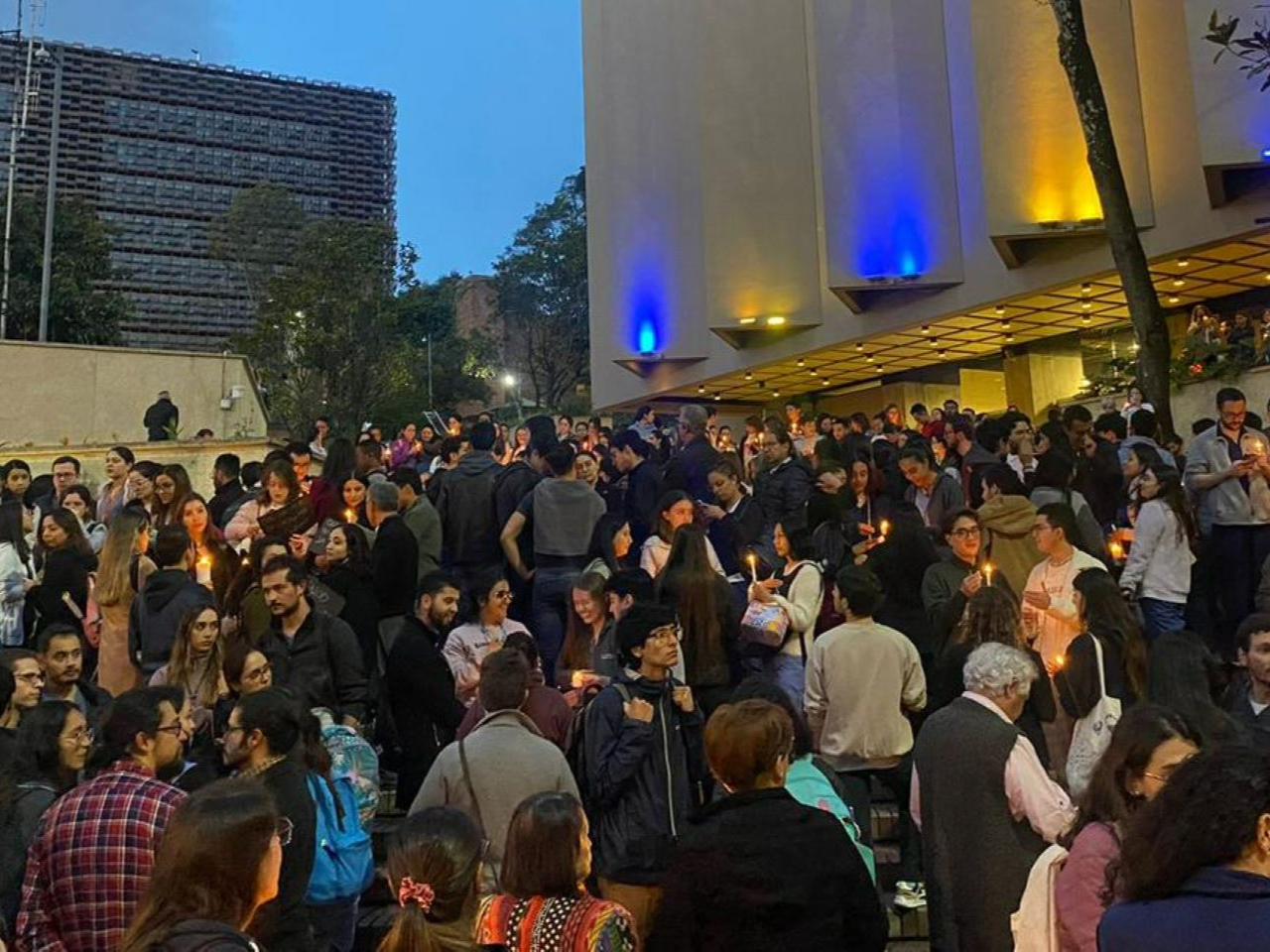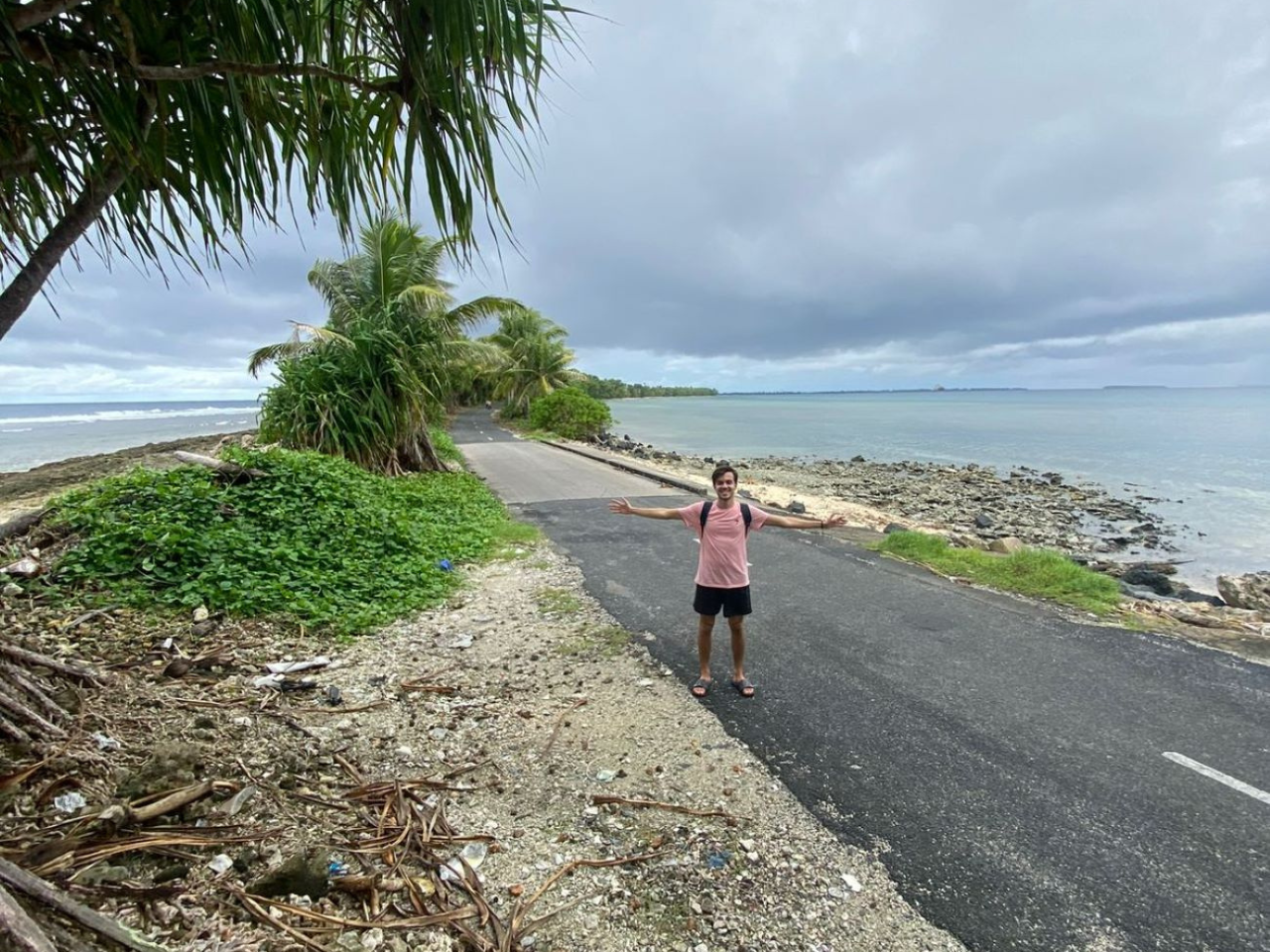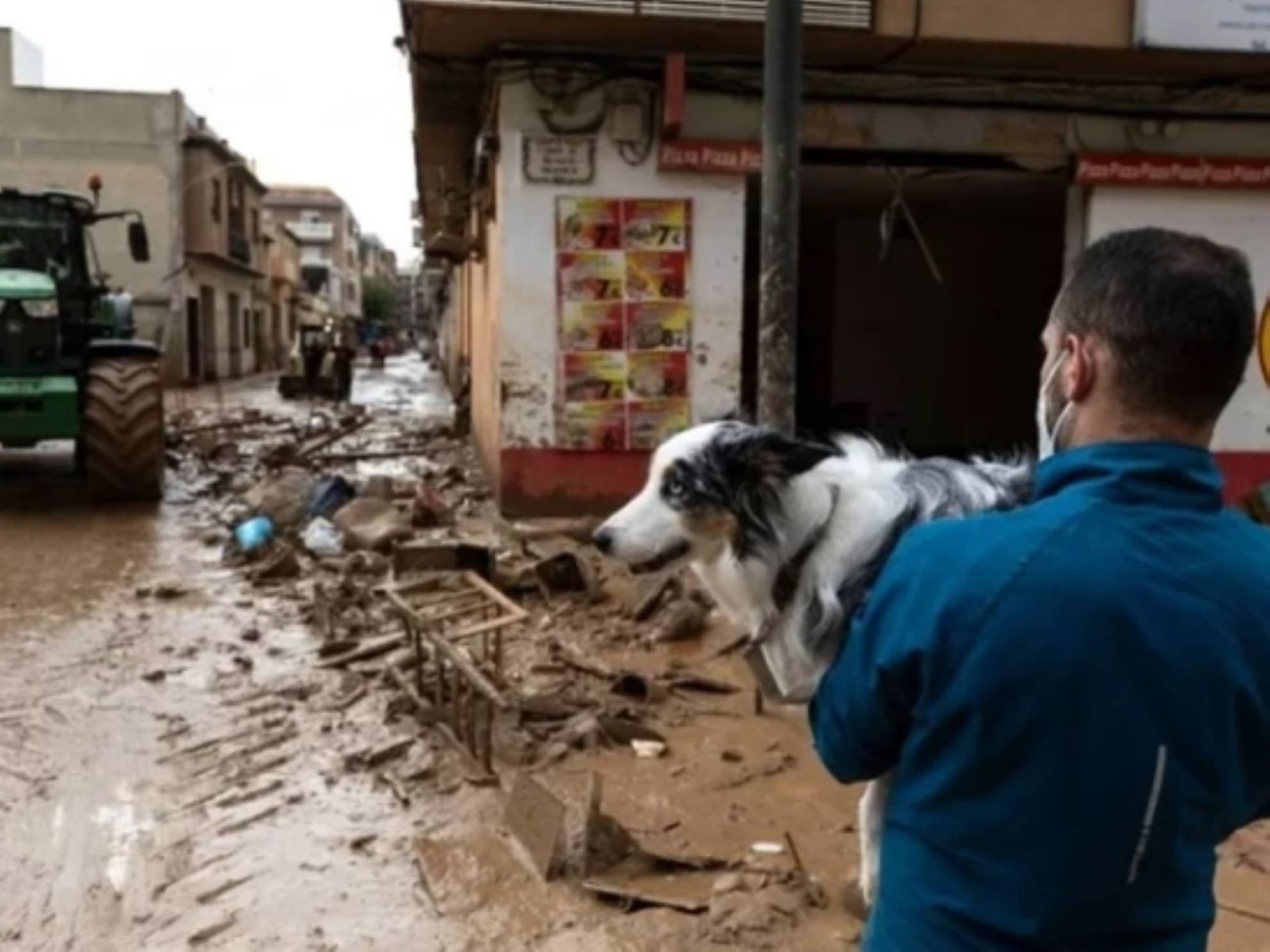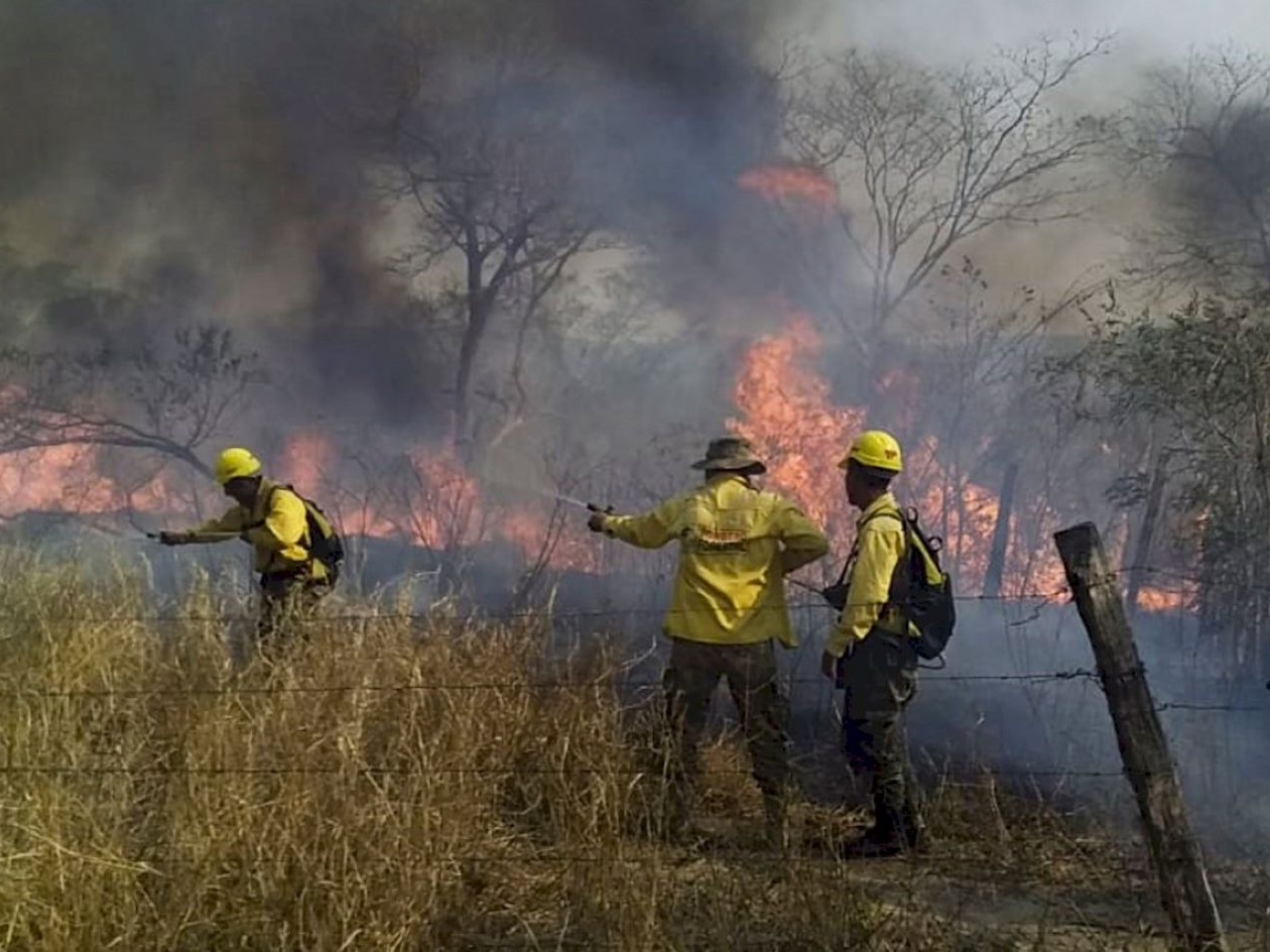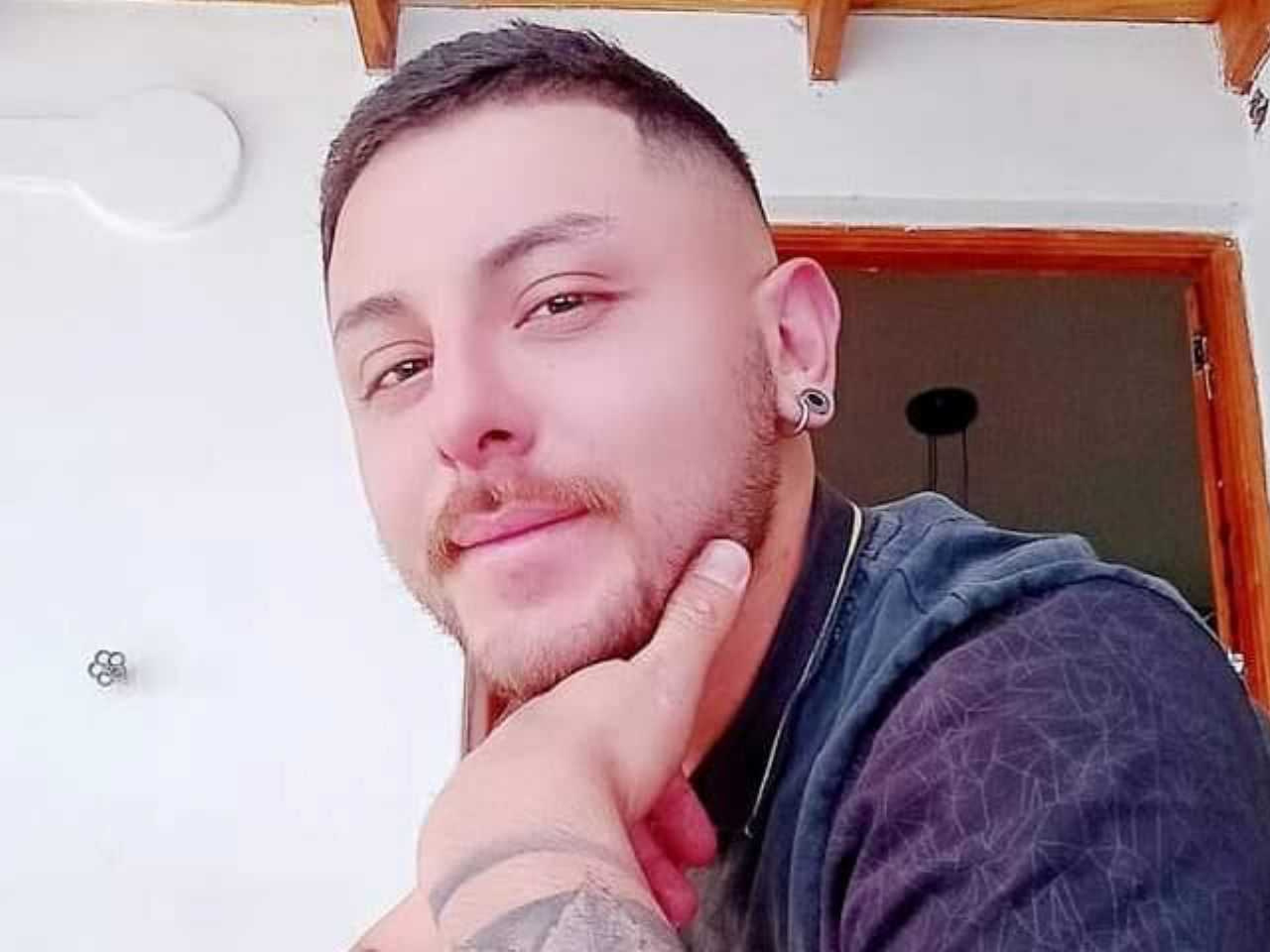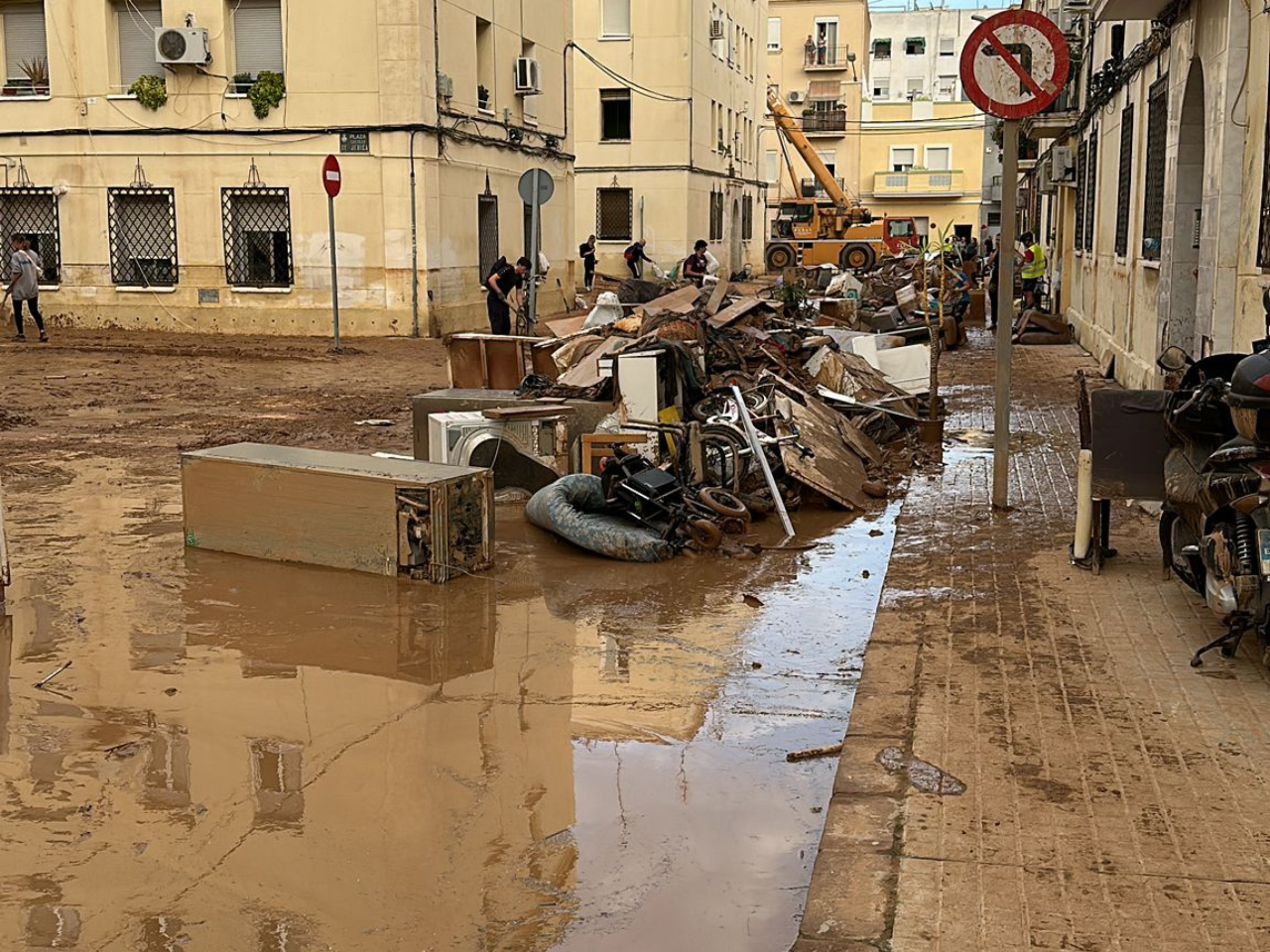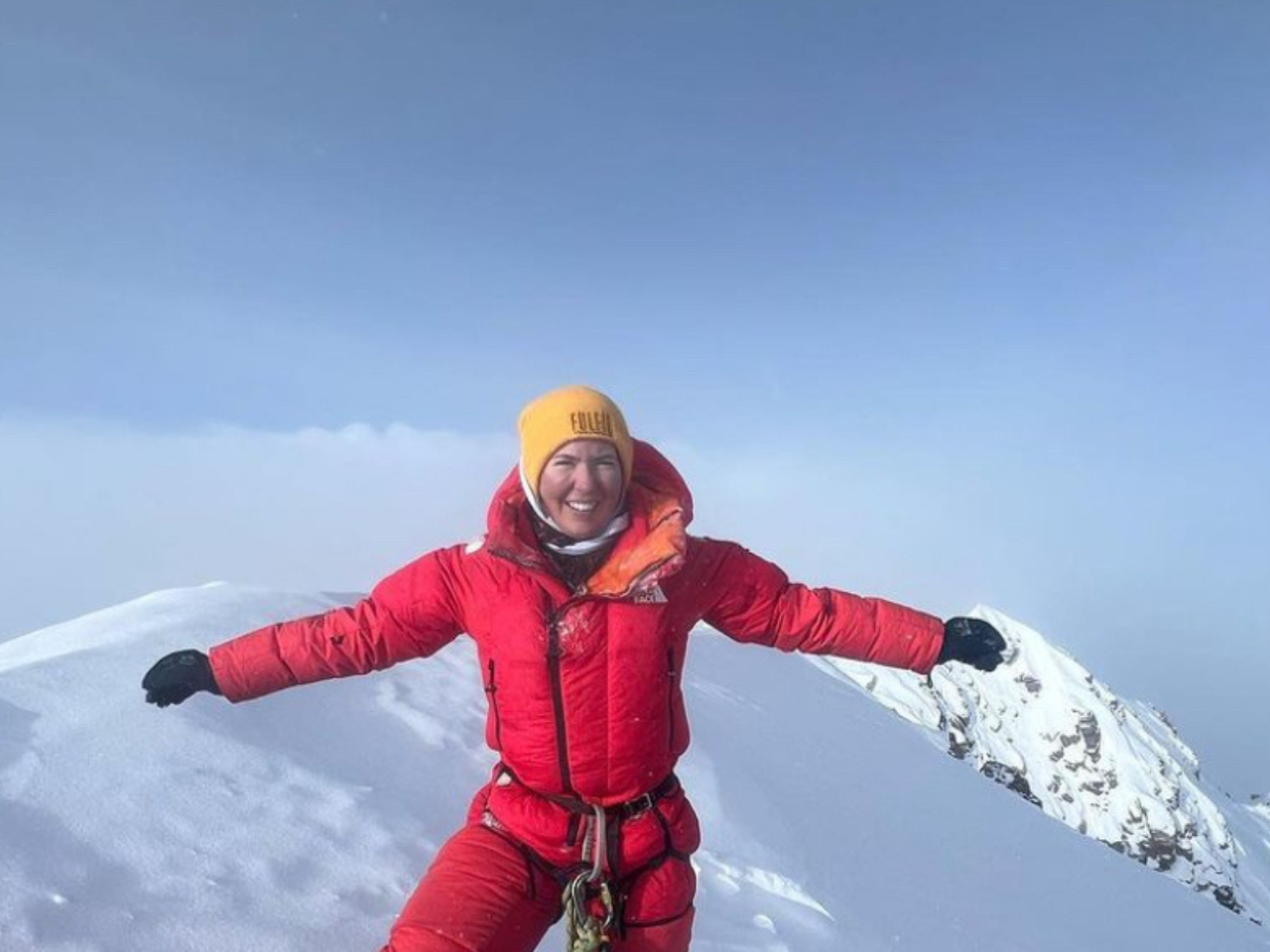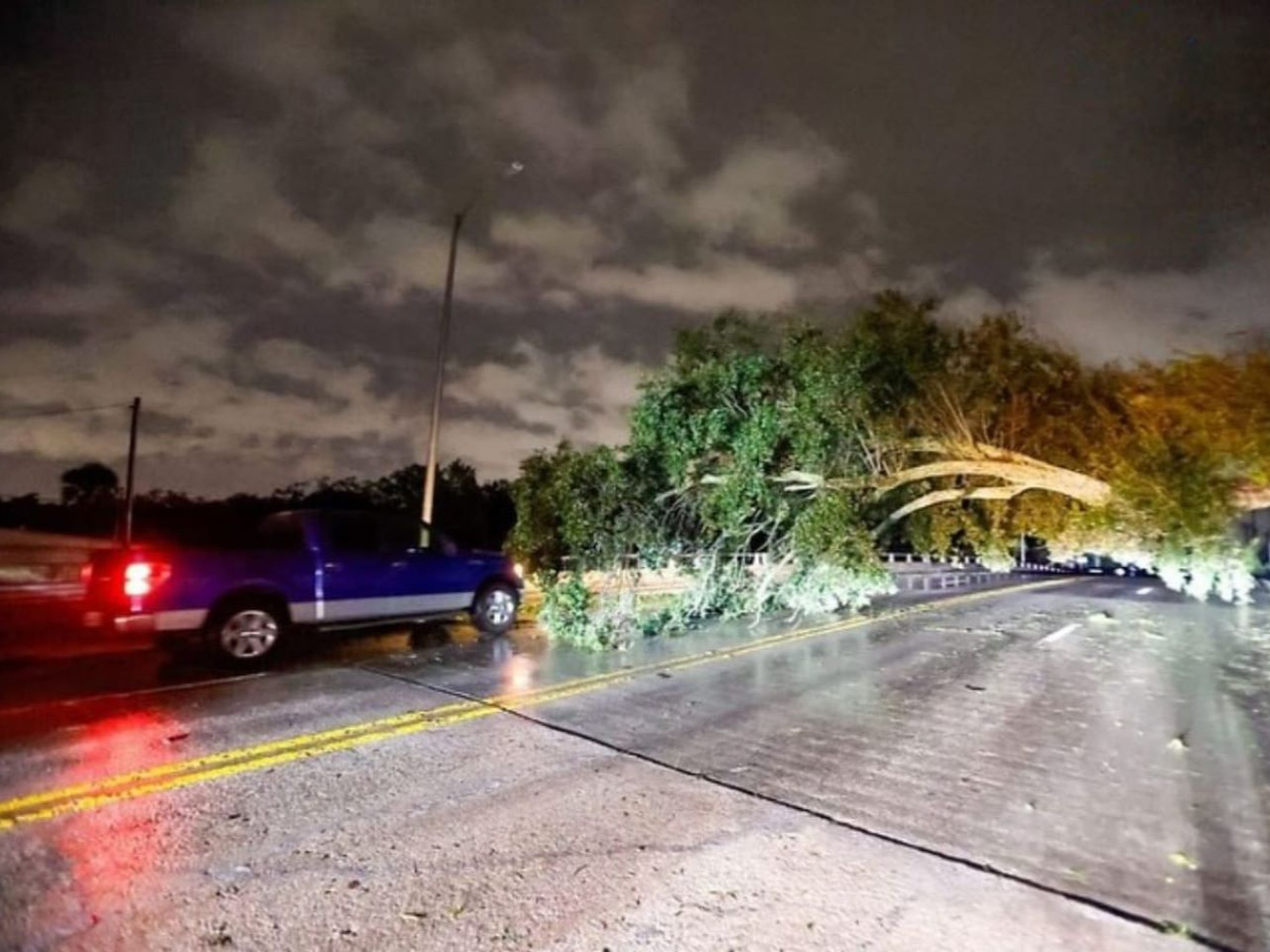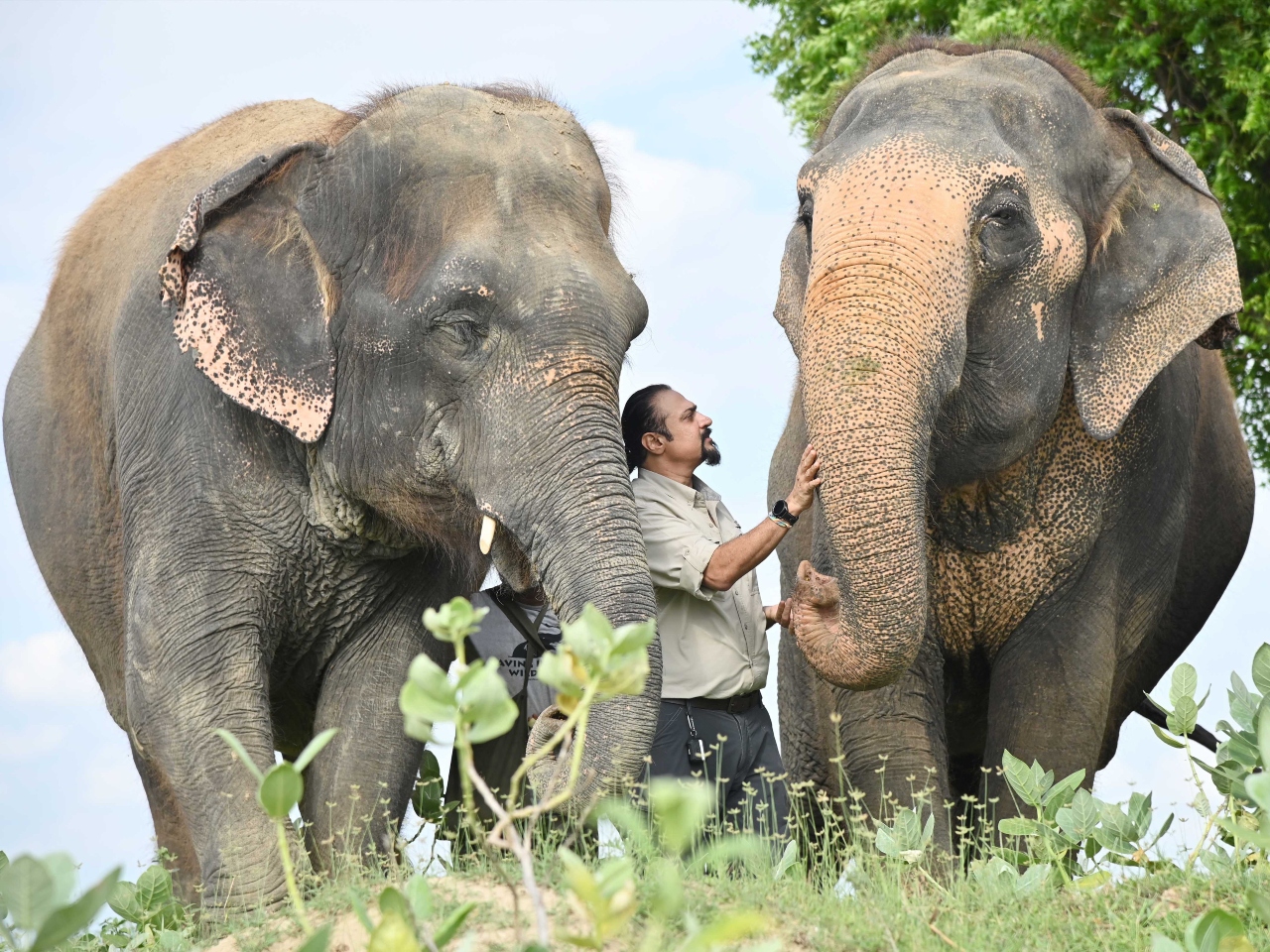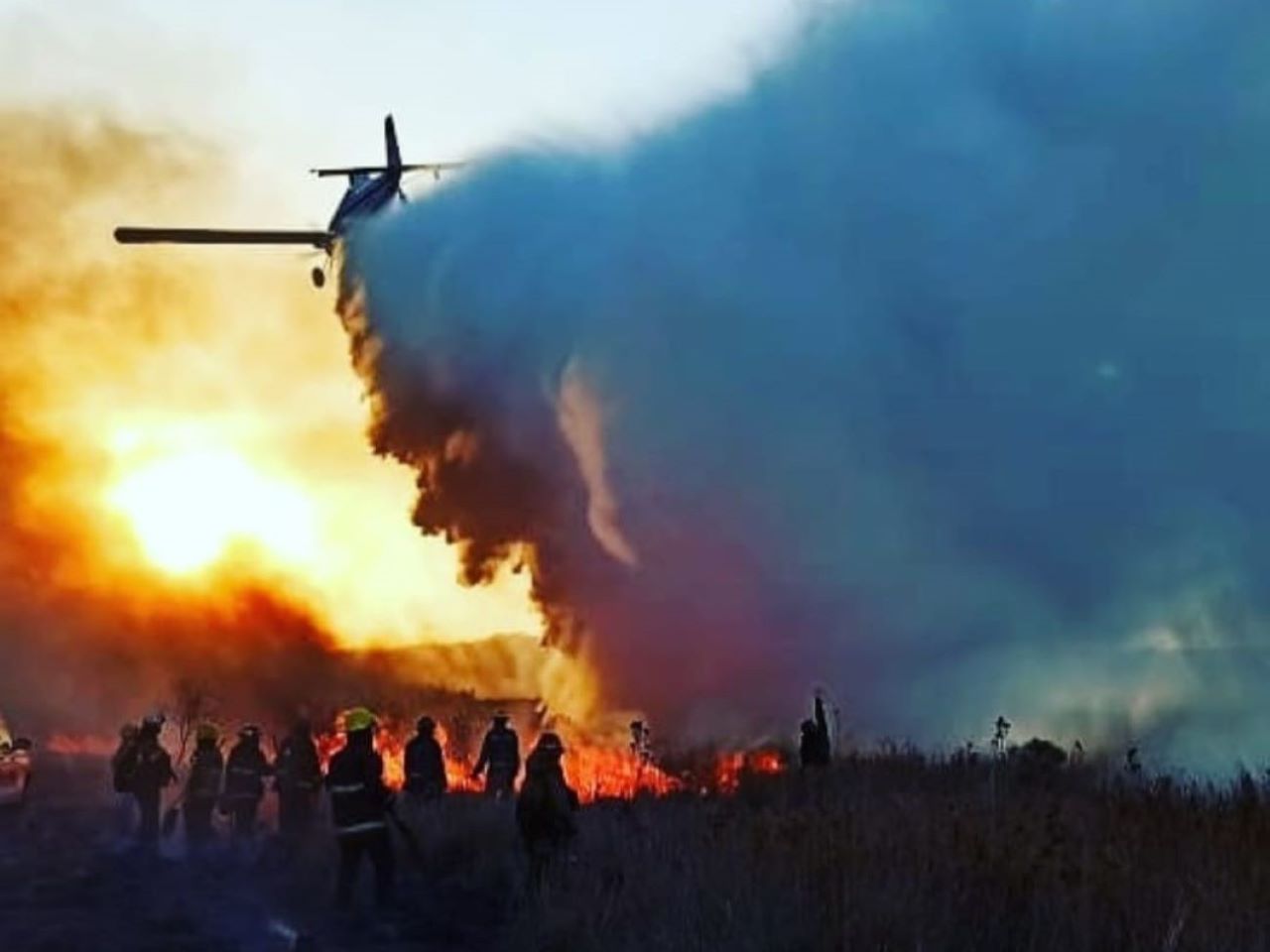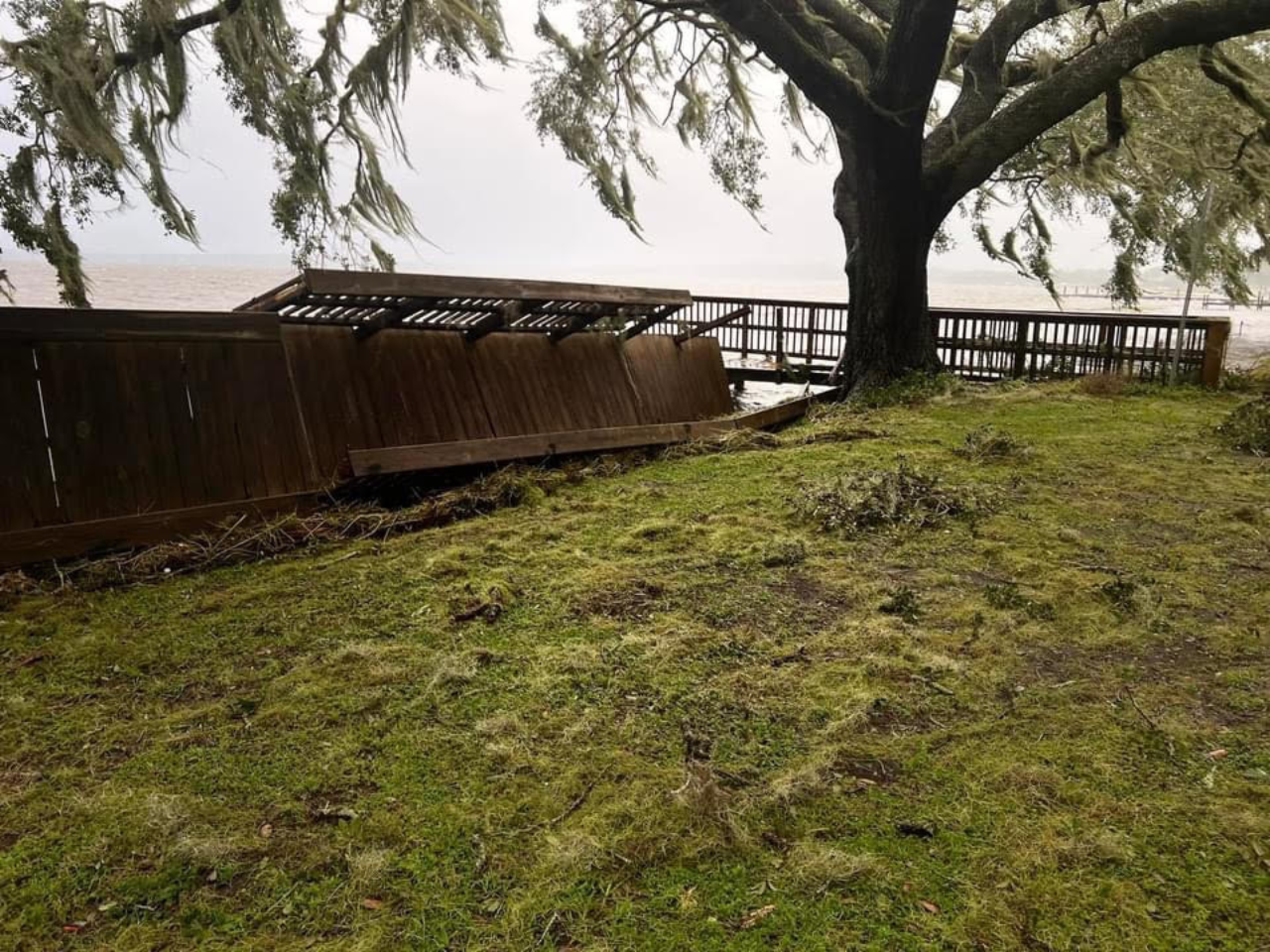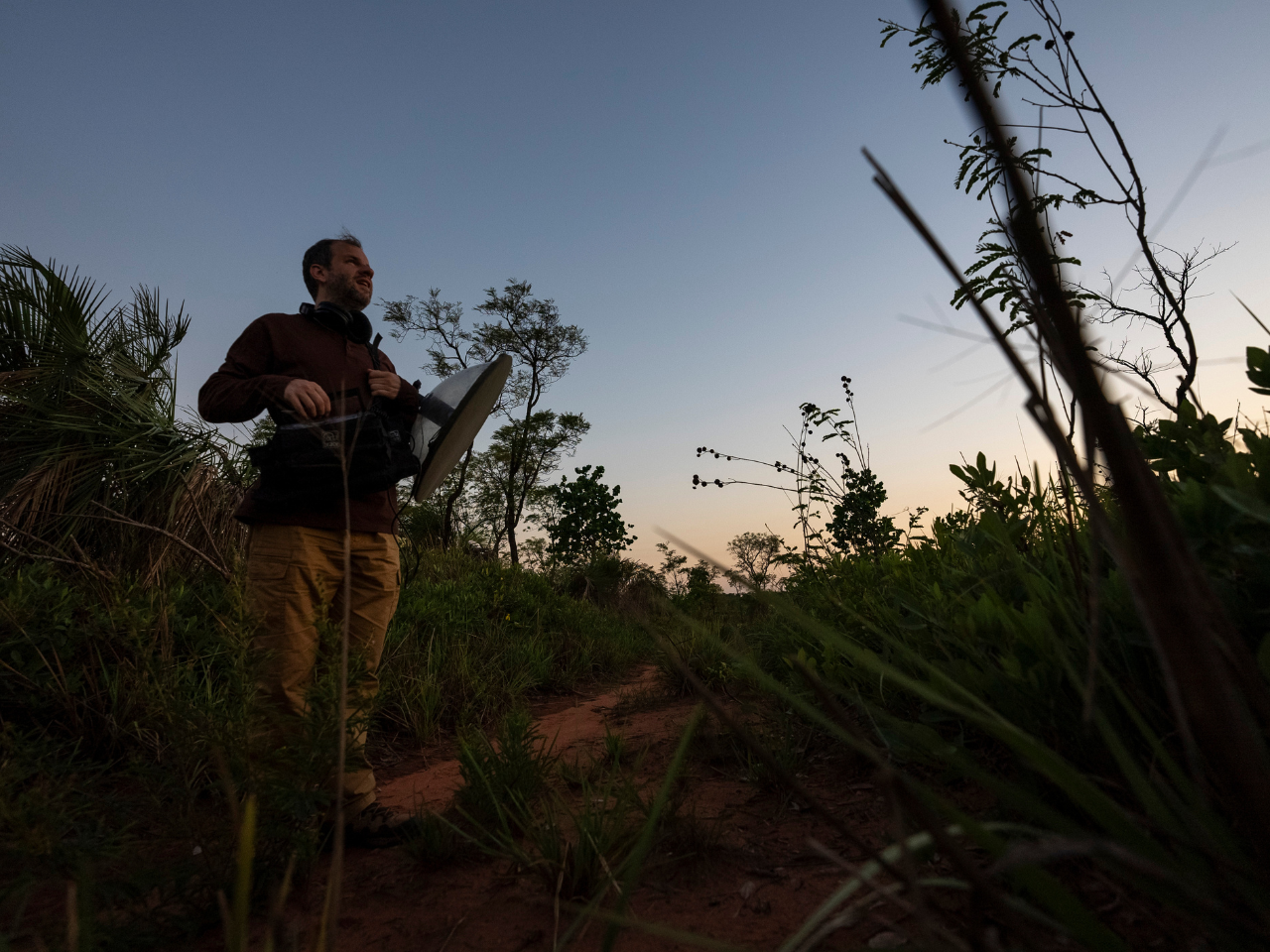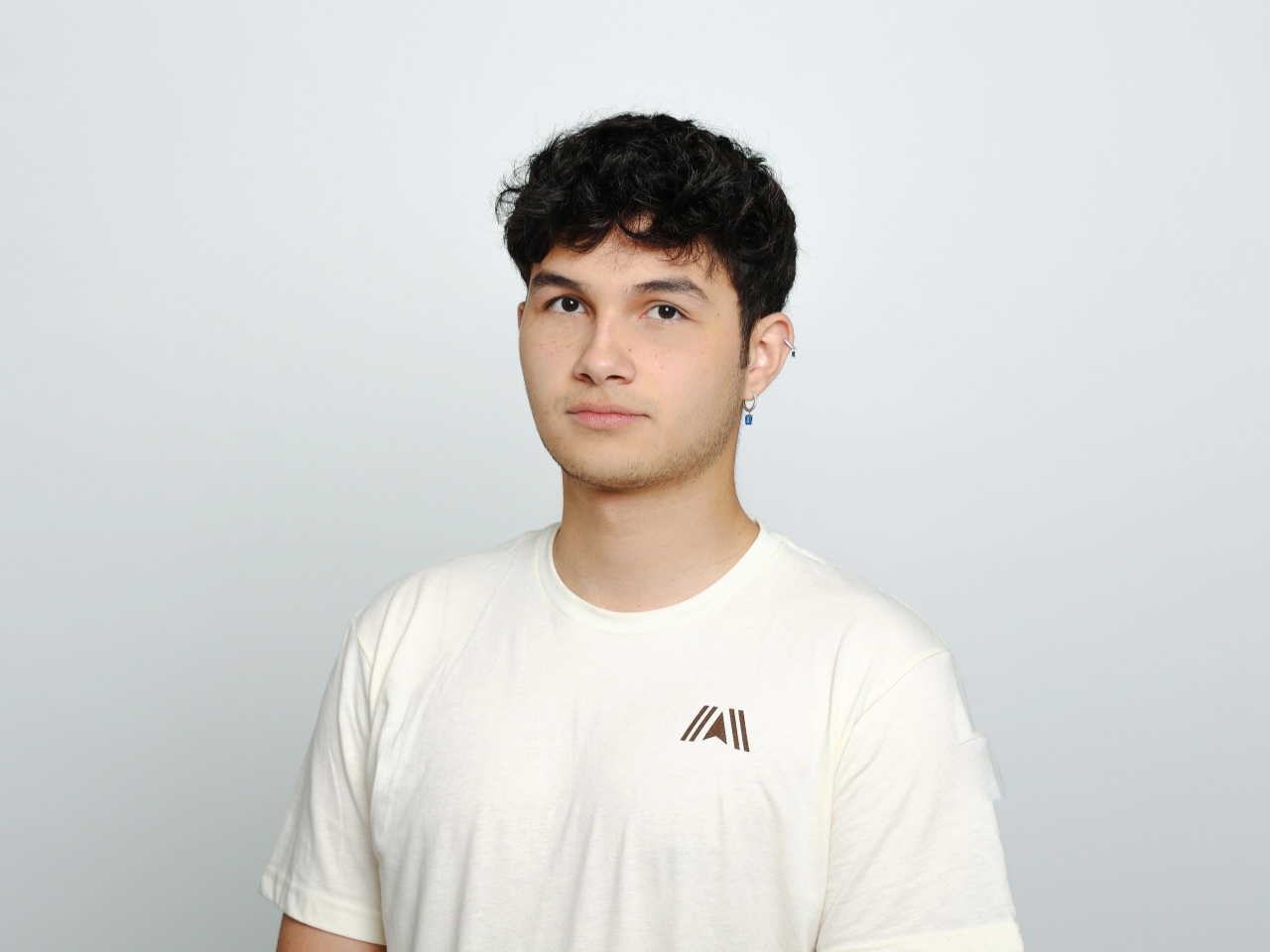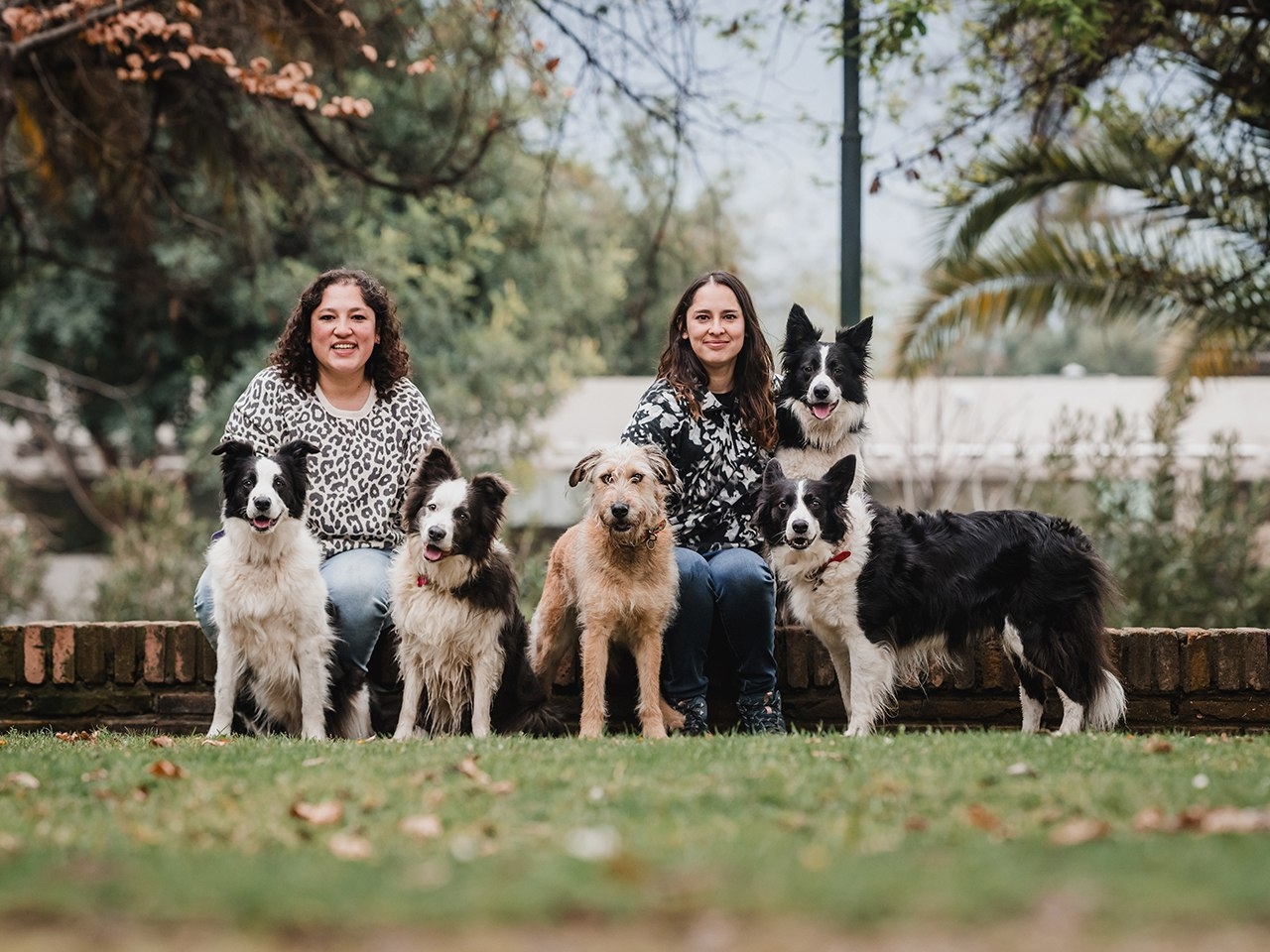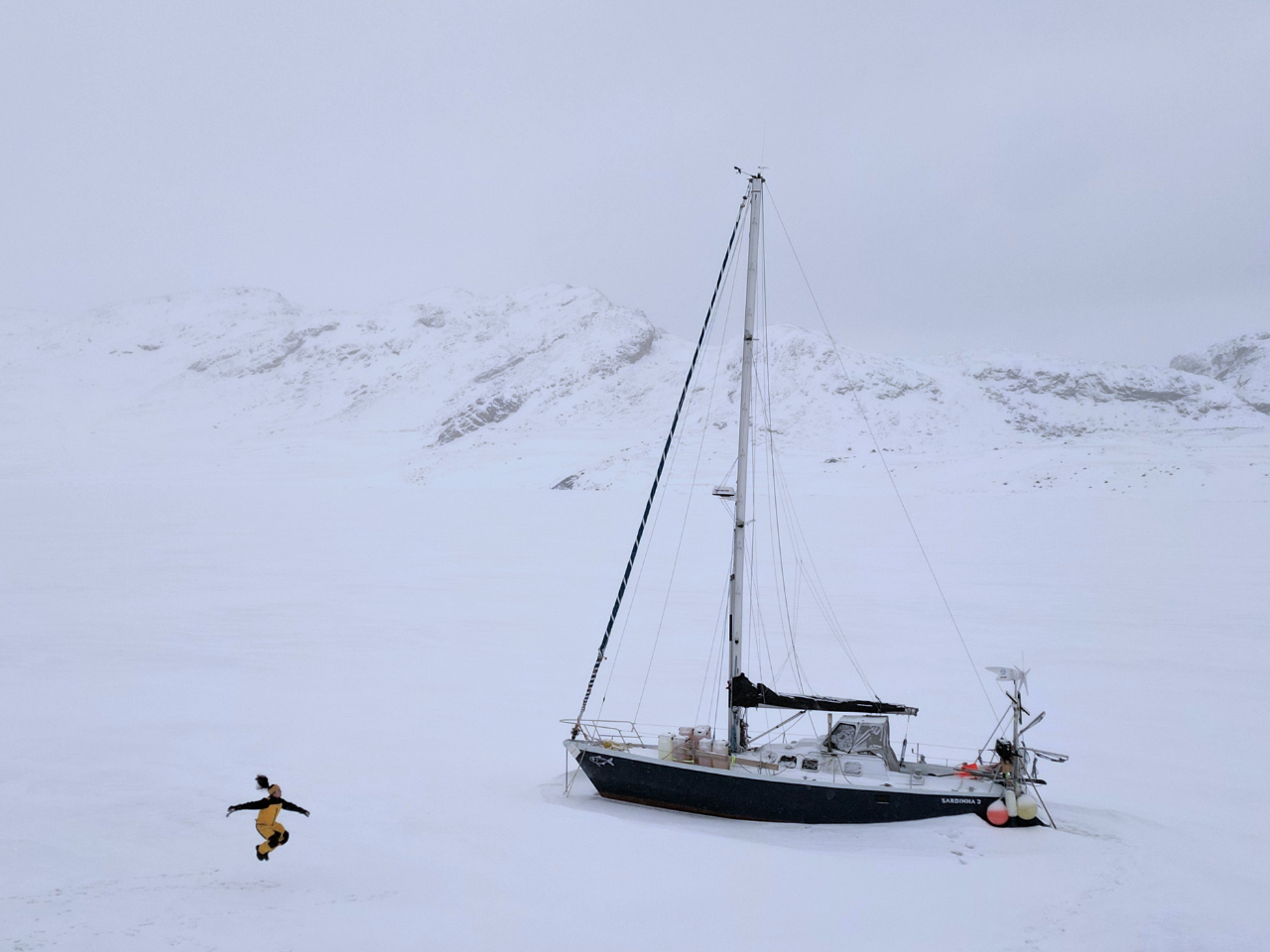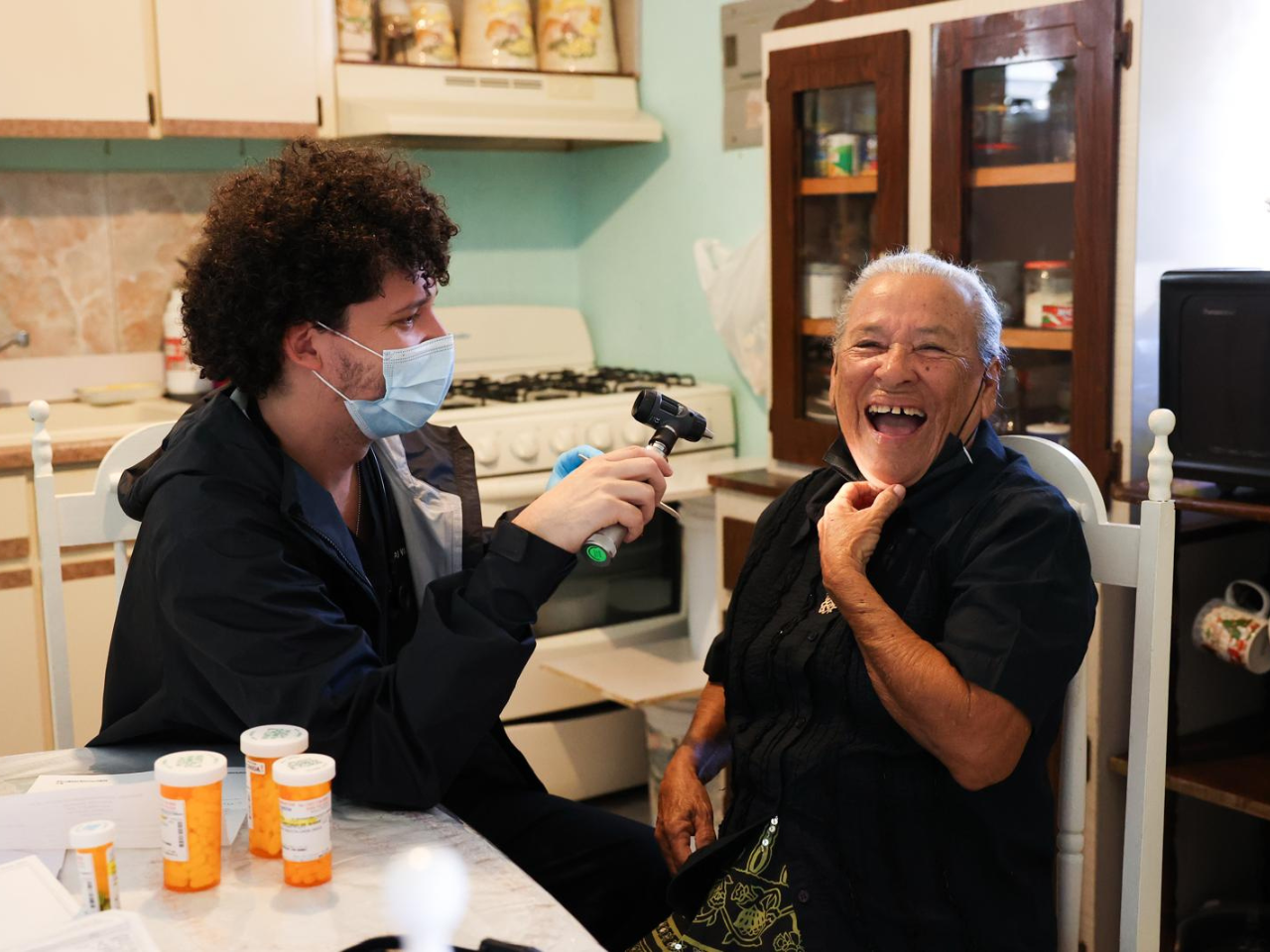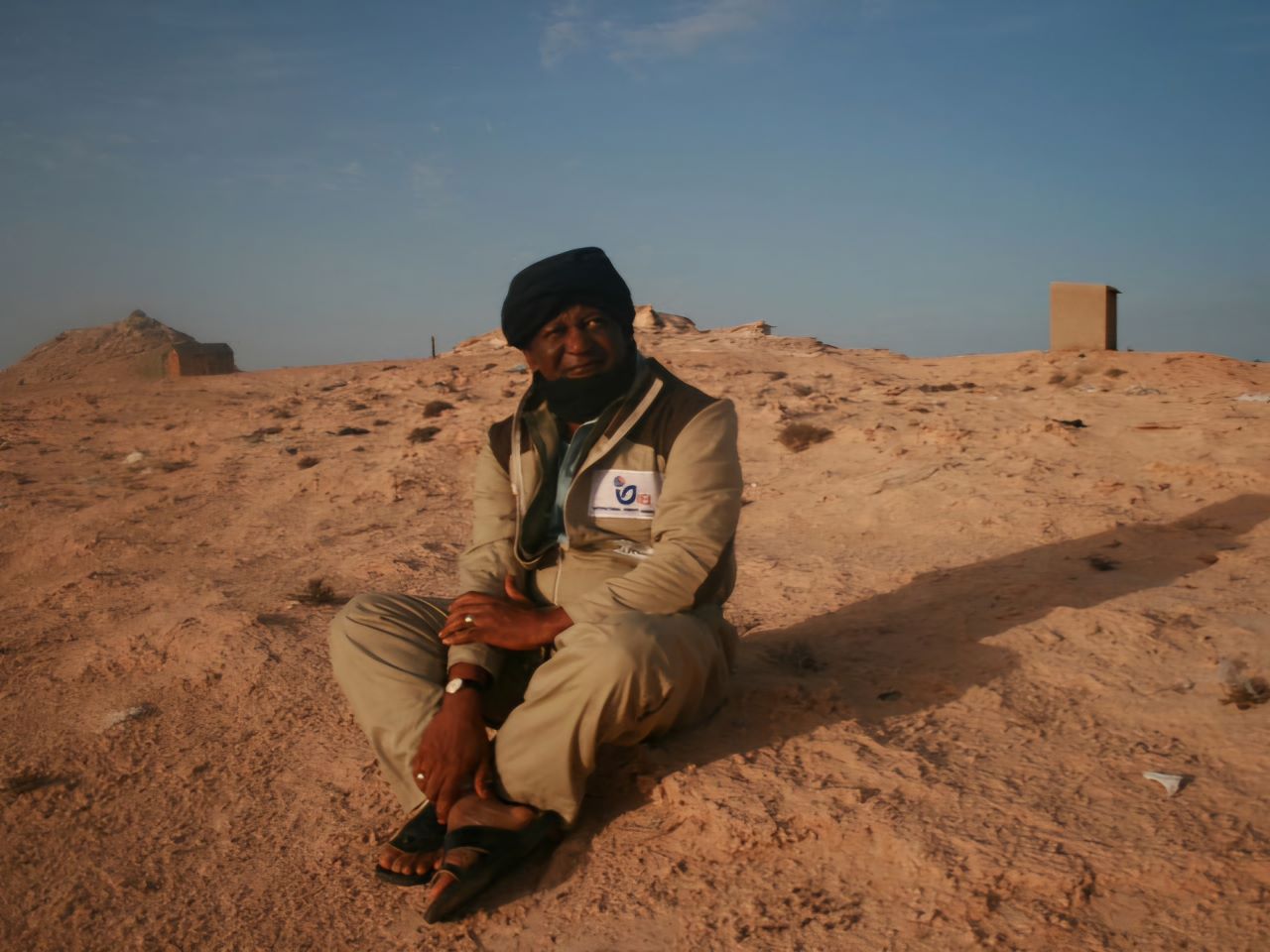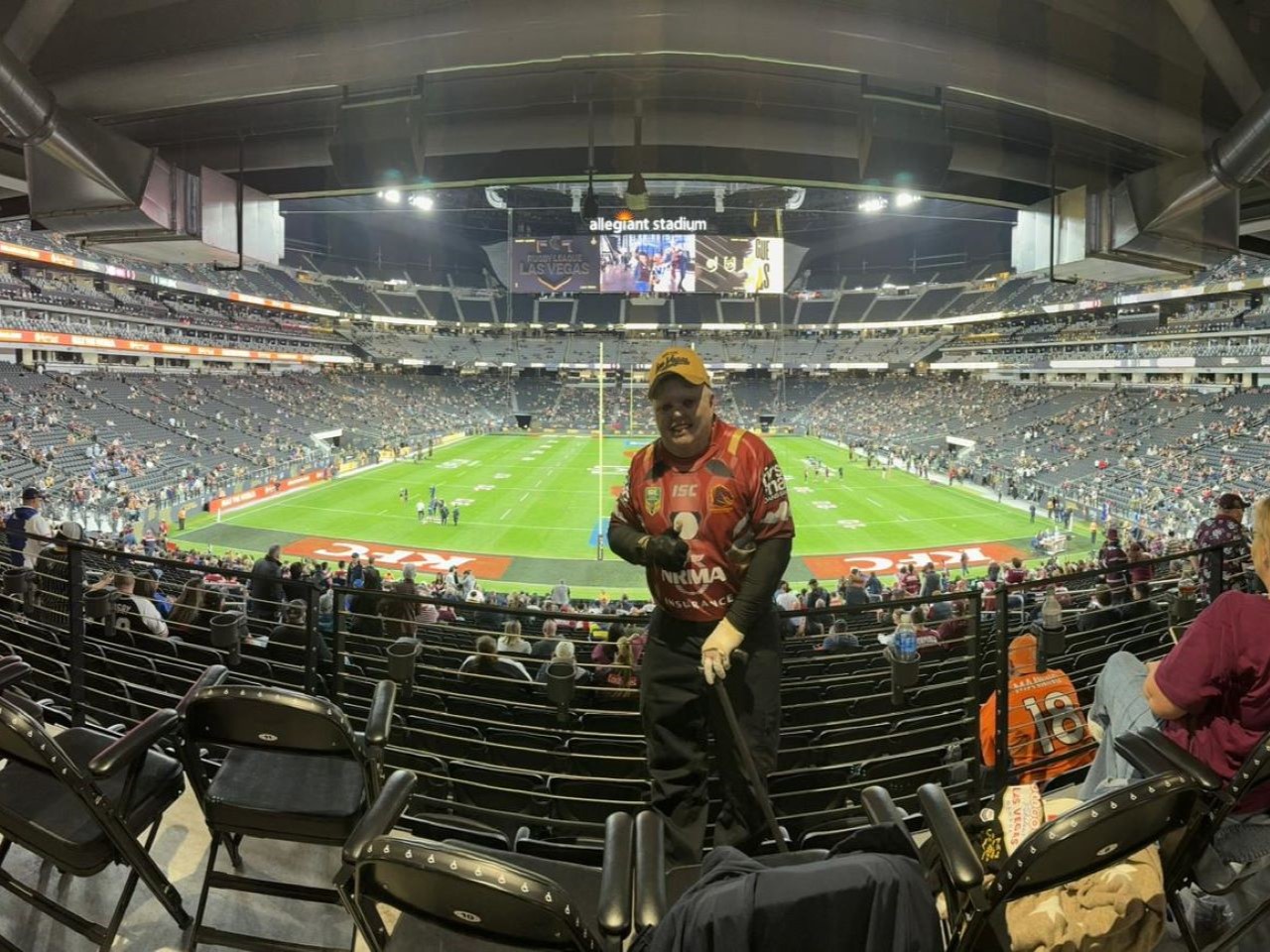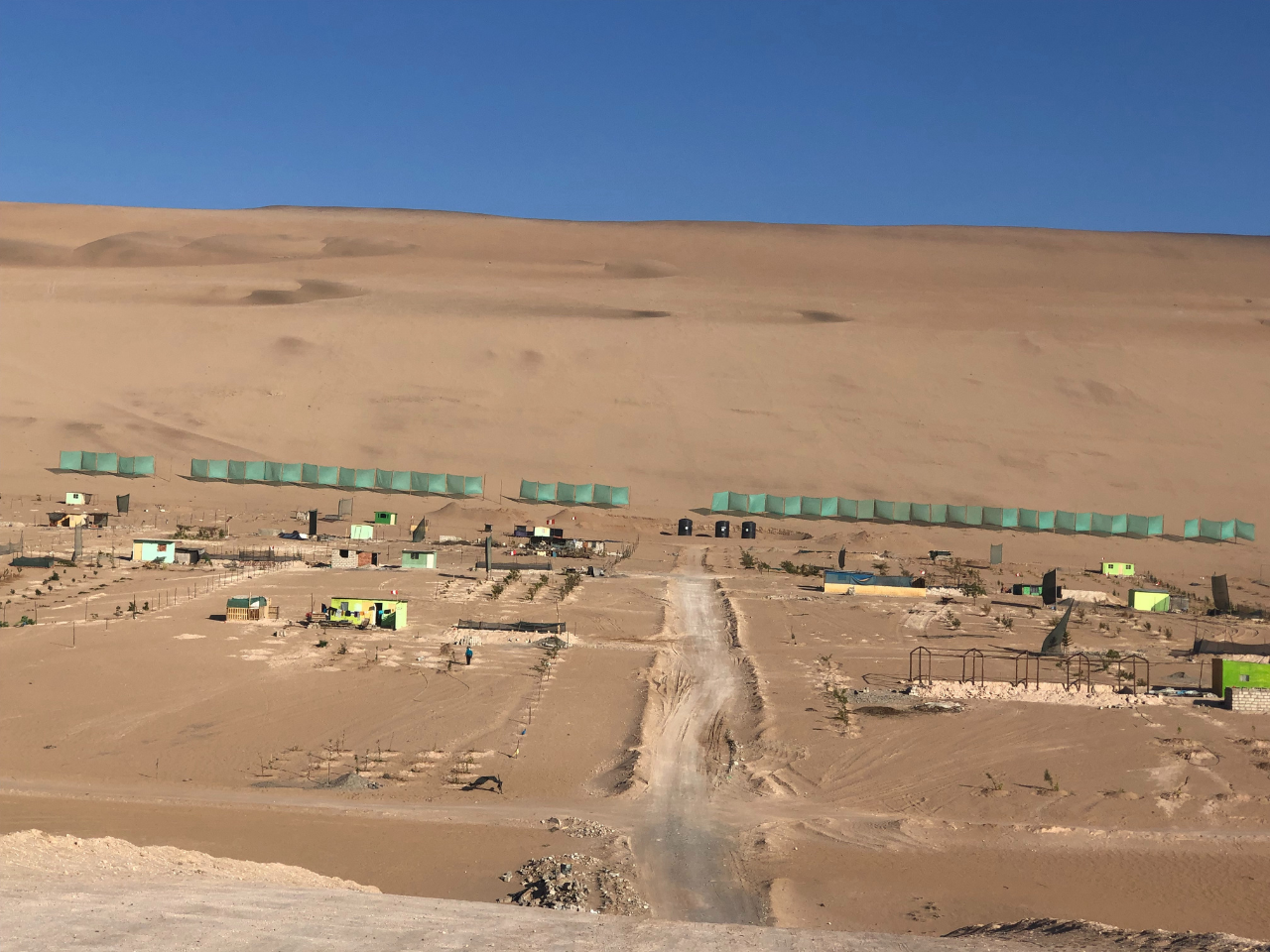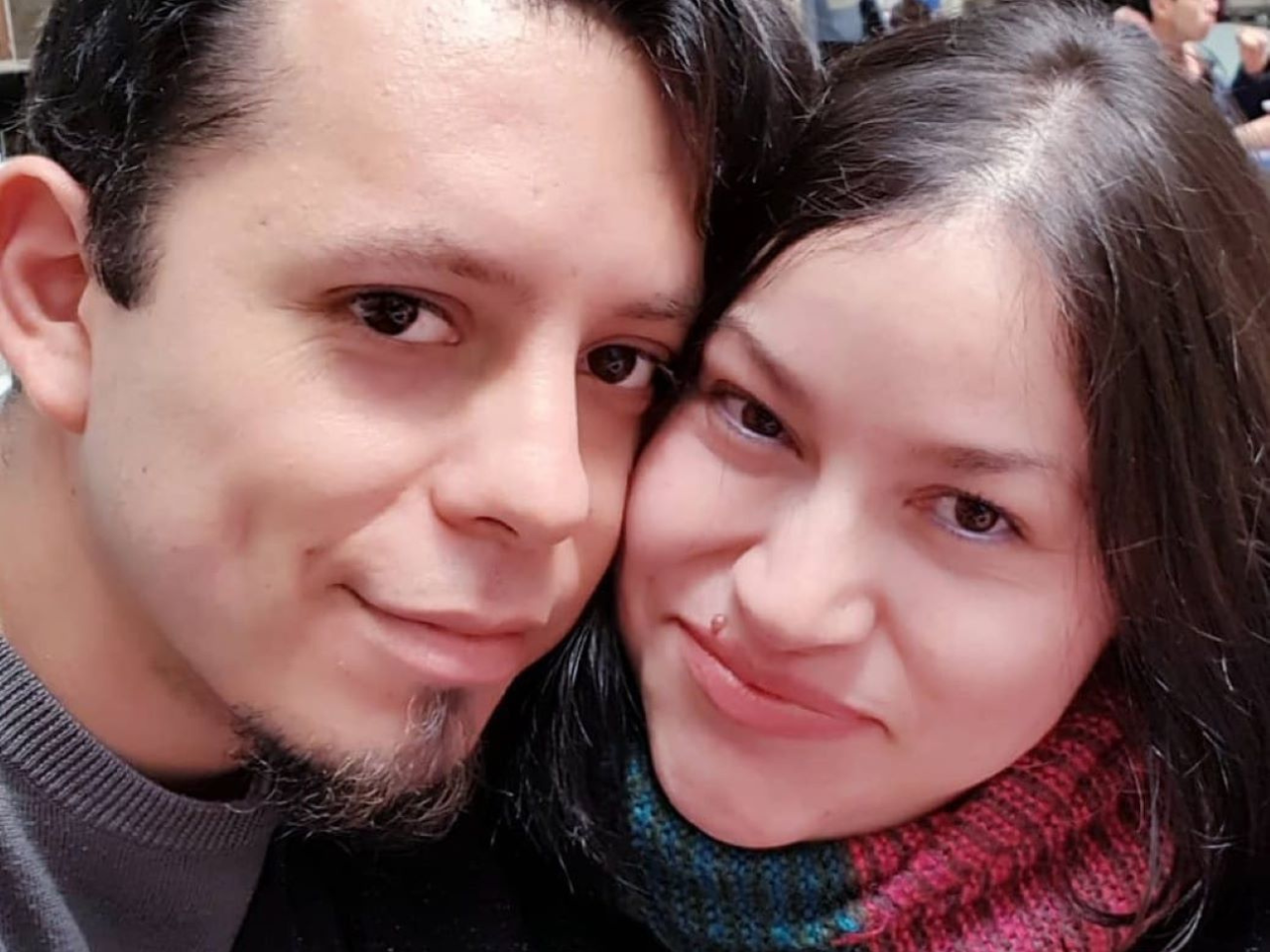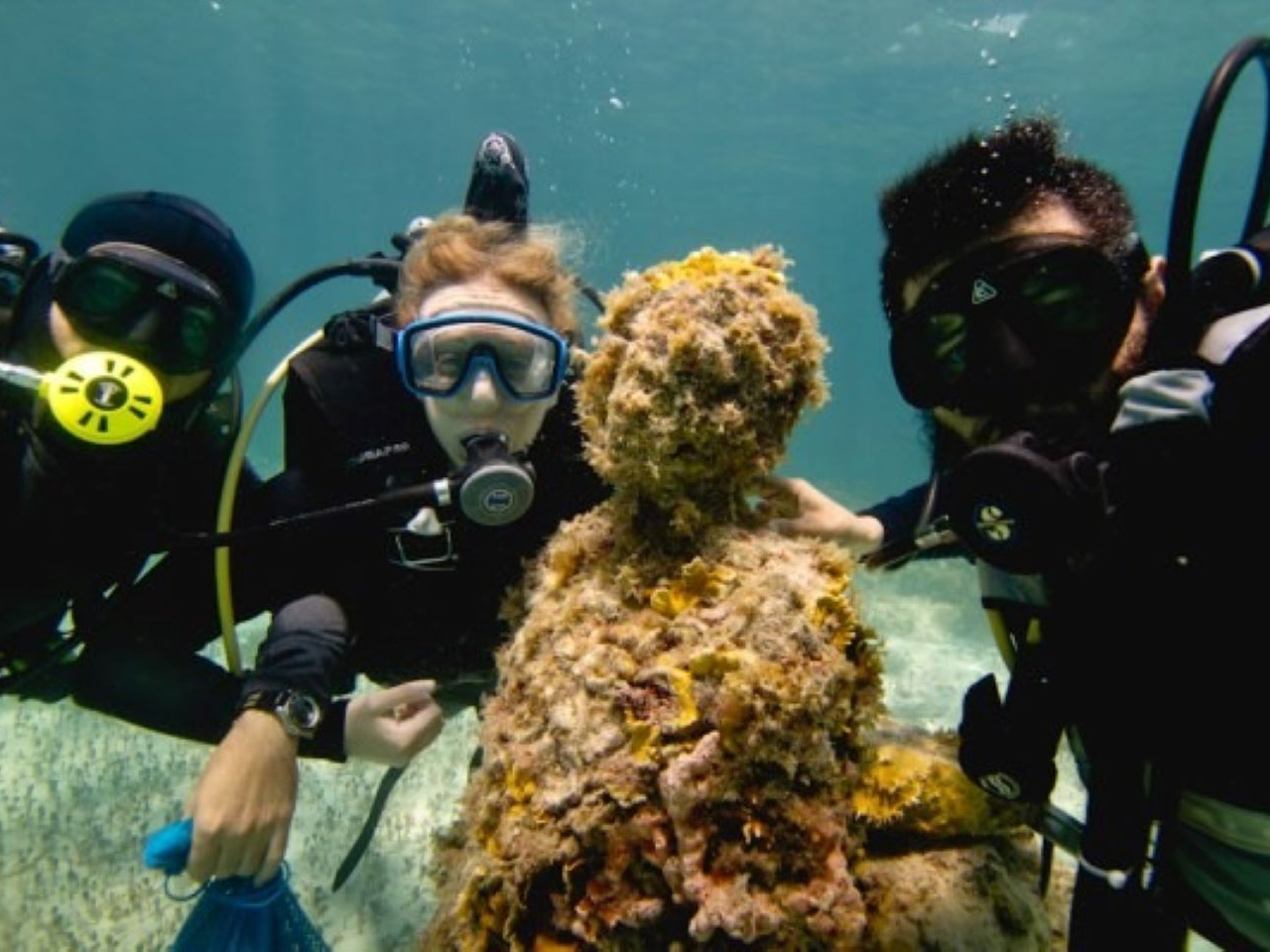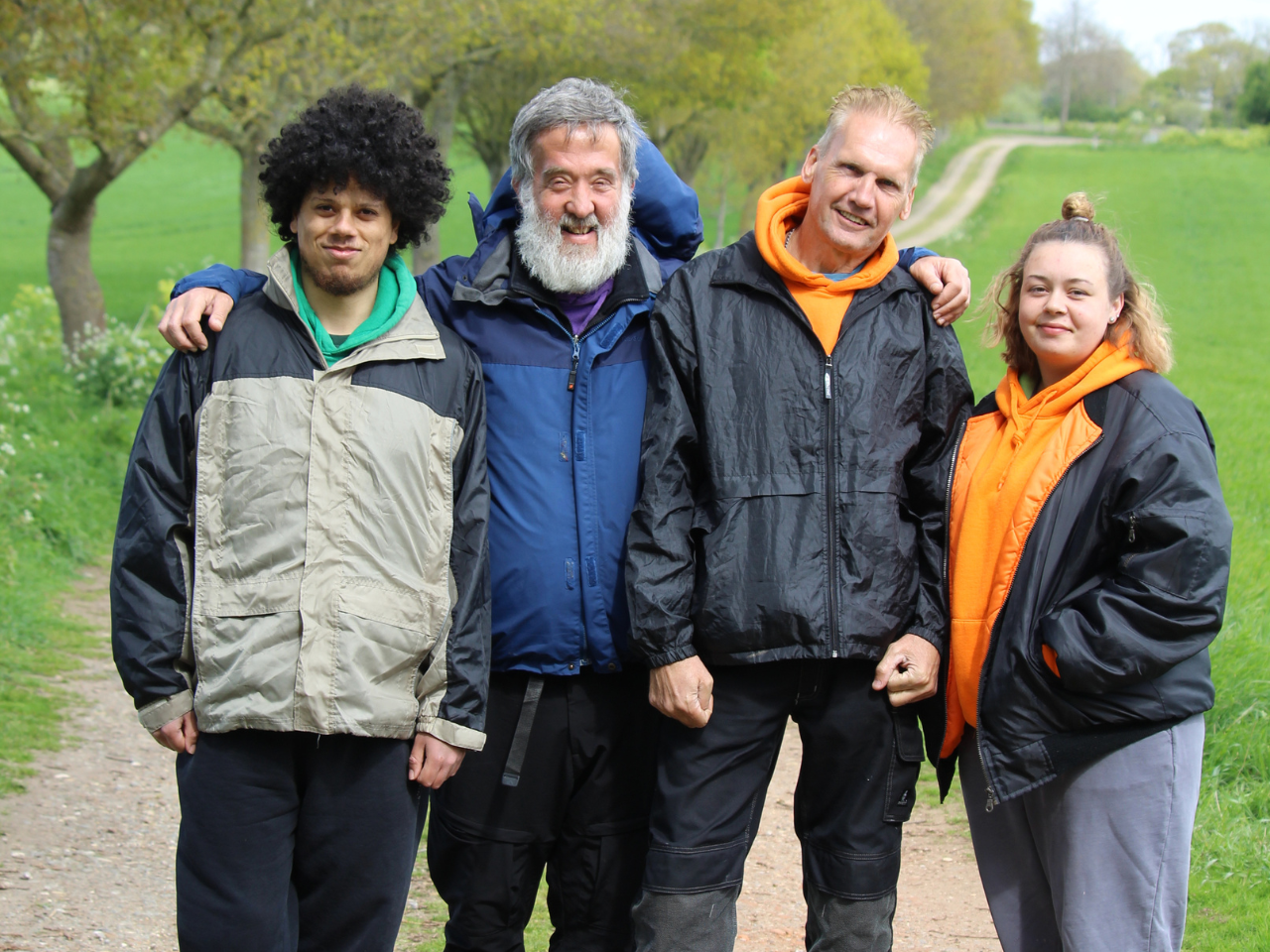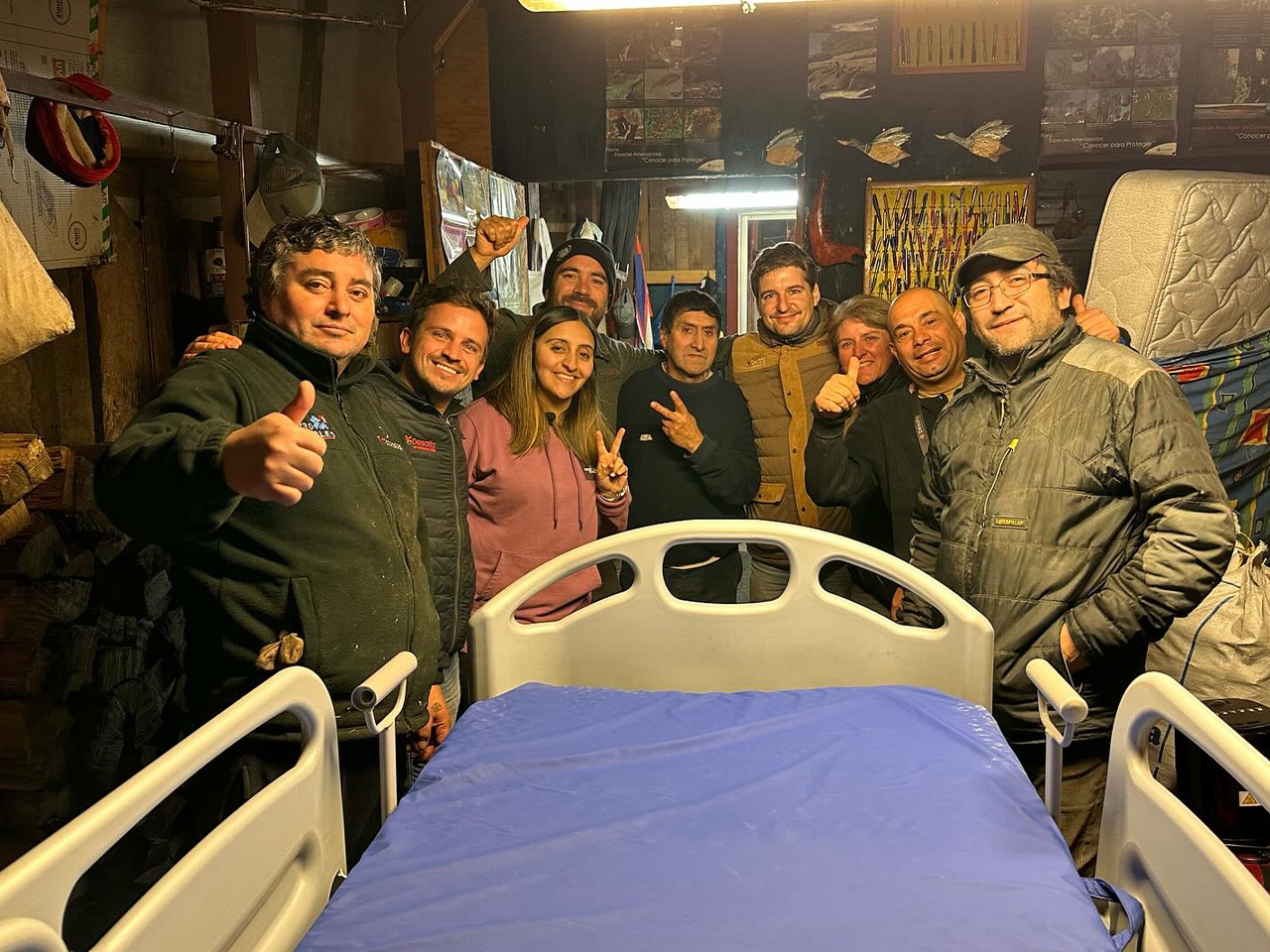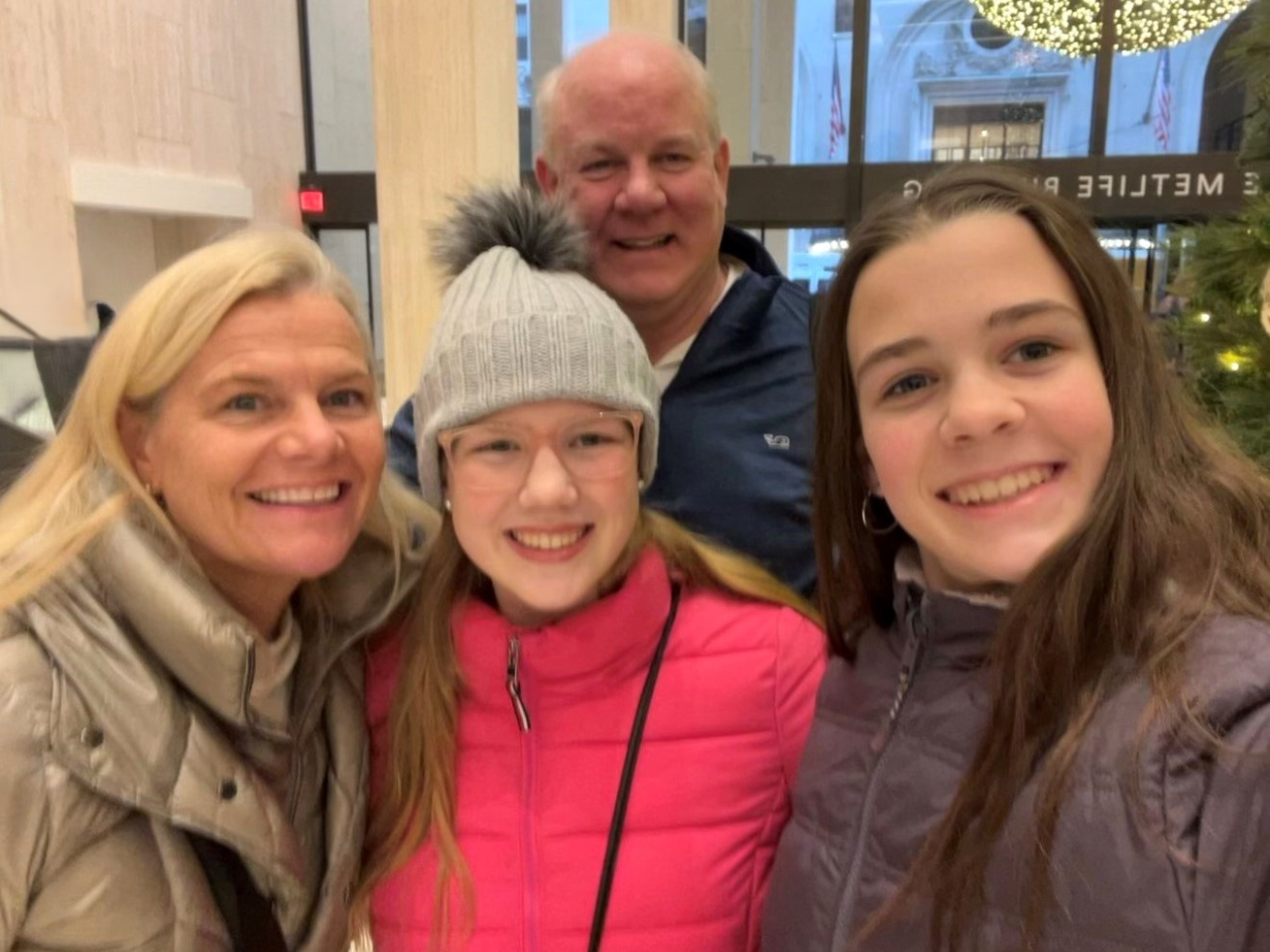Women in Argentina miscarries, studies law to fight environmental contamination
One afternoon when I arrived home from work, I stepped out of my car and the first inhalation was pure poison. I could not breath. I found my children inside, very sick. My dad came with his truck and helped us move in the middle of a torrential rainstorm. We gathered some of our things and went to a place my father had arranged. It felt like fleeing death.
- 4 years ago
August 18, 2022

BUENOS AIRES, Argentina — In 2011, the smell of poison filled my home, caused by the fumigation of fields bordering our neighborhood. If I closed my windows, the smell became trapped inside, forcing me to keep them open.
Inside, my young daughter and son started to become sick. I spoke out about the fumigation, but no regulations existed in Pergamino – no control, no ordinance, and absolutely nothing to protect people.
Pregnant with another child, a fumigation took place, and I became sick. I lost my unborn baby. In that moment, I decided to study law to defend the health and life of my family
Children fall into unexplained illnesses
In 2011, I spoke out repeatedly about the smell of poisons in my neighborhood from nearby fumigation. My seven-year-old daughter became sick with respiratory problems every time they used the agrochemicals on the fields.
Her skin became irritated and eventually, she had to be hospitalized. With no protections in place for the residents, I reached out to administrative offices, health centers, and political groups. The municipality had documentation and written complaints but offered no response or solution.
I often went to Matias Villeta’s office. He was a doctor who served as the Municipal Health Secretary. I would stay for two or three hours at a time. At each visit, a representative eventually came out to say Villeta left for the day or was too busy to see me.
I was never able to meet with Cachi Gutiérrez, the mayor, or anyone from his cabinet. Despite their political affiliations, every person in a position of power looked the other way. When my daughter’s illness worsened, I began carrying her medical paperwork with me everywhere.
By then, a new health secretary came into power – a doctor and infectious disease specialist named María Marta Perreta. She accepted a meeting with me once but when she realized what I wanted to discuss, she never saw me again.
Nothing came of my daughter’s visits to doctors. She spent a year and a half using a wheelchair, unable to move her legs or hands, and experienced severe pain. Every time they fumigated her symptoms worsened.
Illness worsens and pregnant mother miscarries
At the age of 12, she began to have other complications. They gave her different diagnoses and treated her for various diseases, but she kept getting worse. They suggested she had chronic osteomyelitis, but biopsies failed to show the bacterium.
Finally, one day, they referred us to an infection department. When I told the doctor we lived near an area experiencing regular fumigation, she sent us to toxicology. Tests confirmed my daughter had been poisoned by agrochemicals, even affecting her motor abilities.
During this time my one-and-half year-old son also became sick. He experienced bleeding in his urine, high fever, and drastic weight loss. His neck and abdomen became swollen, but doctors found no cause.
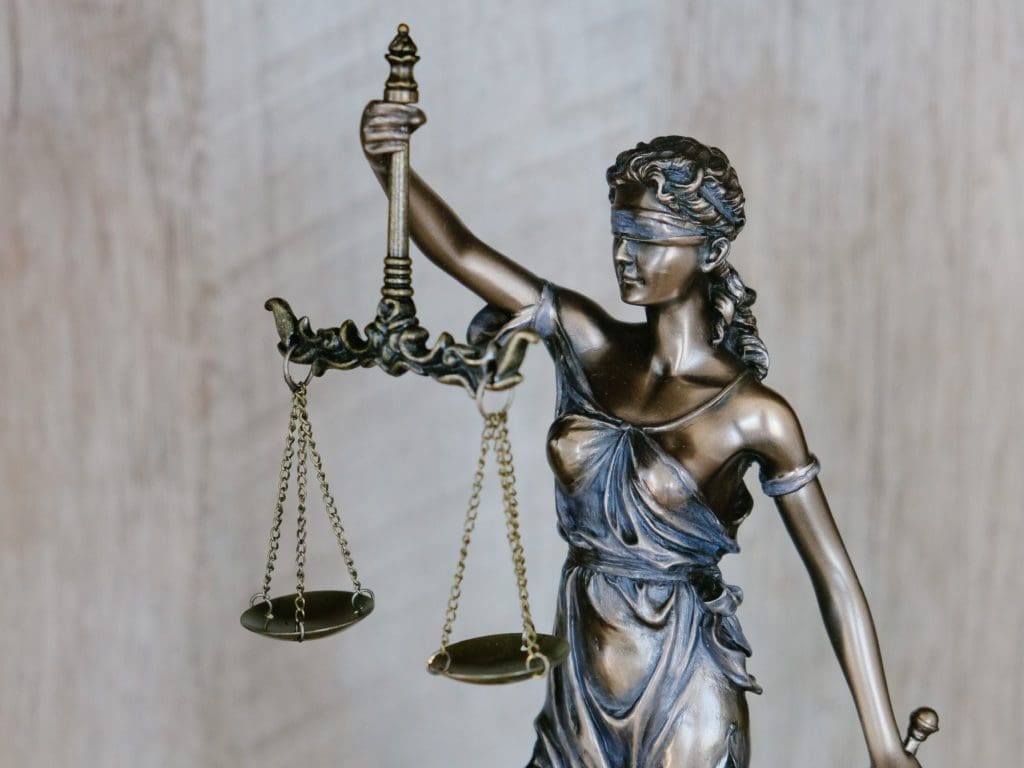
In the midst of all this, I was five months pregnant and working as a health teacher. One day, another fumigation took place. The smell seemed unbearable. That very afternoon, I started experiencing skin problems. Symptoms of intoxication like nausea, dizziness, vomiting, and respiratory issues arose.
My nostrils, throat, mouth, and eyes turned red, and my face swelled. I went to the emergency department at the hospital, and they sent me to the operating room. I lost my son. My daughter is now 21 and my son is nine. My children have genetic damage, and I have experienced two strokes – all because of the toxic poisoning in our bodies.
Driven to protect her family, woman studies law
When my pregnancy ended, I fell into depression. For four days, I laid in bed doing nothing. It seemed so difficult to recover from the emotional and psychological damage I went through. On top of that, I felt hopeless having lost my baby after waiting endlessly for help from my municipality – help that never came.
The folder containing my children’s health records seemed to grow and grow, with no answers in sight. The lives of my children appeared worthless to these people. I needed someone to open a door and tell me to stay calm. I needed to hear, “We are going to help you! We will find out what is going on.” No one came. In fact, to the contrary, Pergamino branded me as paranoid. The experiences made me want to die.
Then, one day, I suddenly looked at my daughter and thought, “Either I raise my head and do something, or we all end up being poisoned to death.” I decided to study law. I knew that even the environmental lawyers nearby had an interest – they served as consultants to the companies I wanted to take down. I once was naive and ignorant, but now I understood.
A political framework enmeshed with economic interests stood in the way of the population’s health. The people in power, managing from the inside, left people fighting for their lives. I finally accepted this difficult reality. With the help of my children’s father, I worked, took care of my family, and spent entire nights studying to complete my degree.
My motivation came from a deep desire to protect my family. I could not go on any longer without taking action.
Winning my first case to protect my family
Accustomed to facing difficult circumstances in life, I remained optimistic and focused on solutions. I had no option except to fight for my health and the health of my family. The moment I finished my law degree, I went to directly to Federal Court to file a complaint.
My very first cause became the environmental contamination of Pergamino. I fought for my family, but also for the community. With every fumigation, more people fell ill. People began getting cancer and contacting me from different neighborhoods. Some thought I must be paranoid, but as the case moved forward, people began to understand the brutal reality we faced.

I presented evidence to the courts with scientific rigor, involving experts like recognized scientists and specialists. In 2018, we obtained a precautionary measure – the first of its kind for an environmental issue coming out of a criminal court. The order restricted fumigation within 600 meters of the three neighborhoods named in the investigation. It also prohibited fumigation in the fields named in the investigation.
We obtained a provision providing bottled water to the families of the neighborhoods involved. By that time, 18 to 19 agro-toxic substances were detected in the various neighborhoods. By 2019, we began to illustrate how the substances found in our children, which caused genetic damage, had a reach of 1,095 meters. The court extended the restrictions.
Despite threats and attacks, the fight continues
Winning in court brought risks and acts of violence. The first time I realized we faced danger, someone passed by and shot at my house, killing my dog. They left empty containers of agrochemicals on the hood of my car and flowers with dirt and ashes at my front door. My daughter became frightened.
One of the individuals being prosecuted – Fernando Cortese – attacked my father on the road. Fernanda, the daughter of another defendant named Mario Roces, entered my mother’s home, screaming and threatening us with death. She said I would be found in a ditch and they would set my house on fire. She has already being prosecuted and failed in her appeal.
A month ago, a mechanic discovered that my vehicle’s steering wheel had been tampered with. Today, we have 24-hour-a-day protection from the Federal Police. My mother lives in fear and my daughter never leaves home alone. We are now part of a collective of families affected by the contamination called the Familiares de Pargamino. We receive support from the NGO Nature of Rights and Fernando Cavalheiro. We continue to go after the producers and owners of the fields and the public officials.
Even the President of the environmental law institute – an environmental lawyer herself and known to stand for health rights – currently represents one of the defendants. She is an advisor to companies such as Monsanto and Bayer.
The traumatic memories changed her forever
Despite all of this, I continue for my family. I remember the moments that left emotional marks – moments like when my son entered a control study. They took 10-15 blood samples for the tests. When we left, he did not cry. Instead, he curled up into a little ball, frozen in the chair. He stayed that way for a long time. I remember when my daughter could not write because she could not move her hands.
But the worst memory of all will never leave me. One afternoon when I arrived home from work, I stepped out of my car and the first time I inhaled, I knew the air was pure poison. I could not breath. I found my children inside, very sick. I told the father of my children, “It’s raining and they are fumigating!” He looked toward the field and saw four huge lights there.
My son, who already had respiratory complications, has a swollen face and tongue. The smell inside proved oppressive. I immediately called two public officials – Naranjo and Tocalini. Naranjo said he couldn’t go inspect the situation because he did not have time. Tocalini said he was busy with a family birthday party.
My dad came with his truck and helped us move in the middle of a torrential rainstorm. We gathered some of our things, navigated the move with my daughter in her wheelchair, and went to a place my father had arranged. It felt like fleeing death.
That is the saddest memory I have. My son in the backseat, stared out of the car window crying because we left his toys and his bed behind. It felt like running away.
I hold onto this memory, and I will never forget. I fight on. It changed me forever.

